Erle Stanley Gardner and Other Legendary Trial Lawyers Who Shaped Legal History
Erle Stanley Gardner, a name forever etched in both legal and literary history, left a dual legacy as a distinguished trial lawyer and the creator of one of the most famous fictional attorneys, Perry Mason. While his courtroom skills and imaginative legal strategies defined his career, his influence stretched far beyond the courtroom through his literary works. Gardner’s contribution to law and popular culture remains unparalleled, yet he is one of several historical figures whose legal prowess shaped the profession. In this article, we explore Gardner’s unique impact alongside other legendary trial lawyers, each of whom left a lasting mark on legal history.
Table of Contents
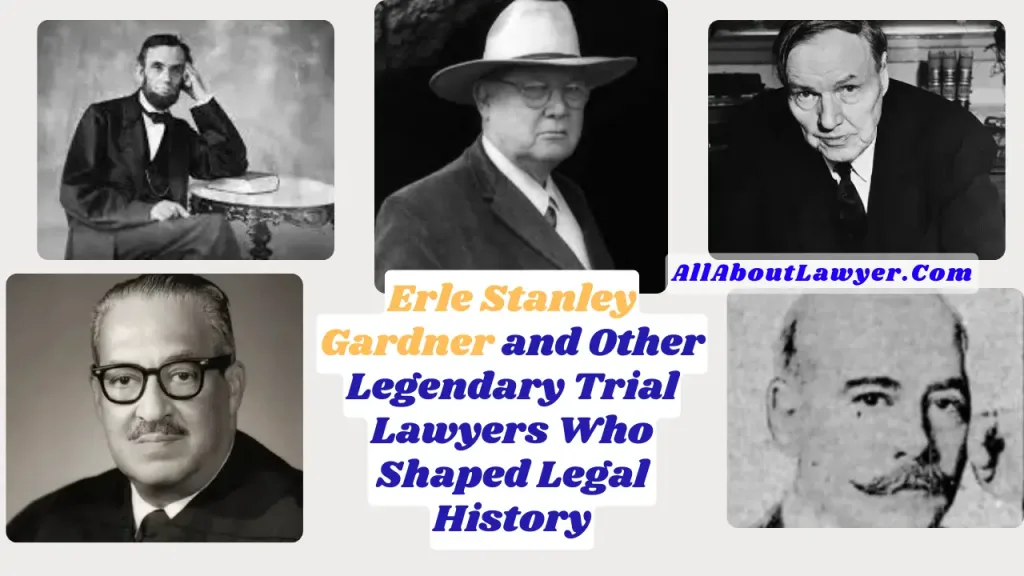
Erle Stanley Gardner: A Lawyer and Literary Legend
Erle Stanley Gardner’s career began long before Perry Mason became a household name. After dropping out of law school, Gardner pursued an unconventional path by gaining admission to the bar through apprenticeships and self-study. His early career as a trial lawyer was marked by bold courtroom tactics, particularly in criminal defense cases, where he became known for his fearless advocacy on behalf of underdogs. Gardner’s real-world courtroom experiences directly inspired the legal plots of his famous Perry Mason novels, blending sharp legal reasoning with dramatic flair.
Gardner’s legal philosophy was deeply rooted in a commitment to justice. He founded “The Court of Last Resort,” an organization dedicated to investigating wrongful convictions and advocating for individuals who had been unjustly imprisoned. His dedication to using innovative legal strategies to fight for the wrongly accused informed not only his legal practice but also his writing. Through Perry Mason, Gardner introduced readers to a defense attorney who was relentless in his pursuit of the truth—often unraveling complex legal puzzles to exonerate his clients.
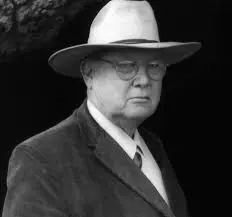
Gardner’s contribution to legal literature transcended fiction. His influence stretched into real-world legal practice, where his exploration of cross-examination tactics, case preparation, and courtroom psychology became part of his broader legacy. His dual role as a lawyer and author allowed him to popularize legal concepts and inspire generations of aspiring lawyers to embrace the art of legal advocacy.
Other Historical Trial Lawyers Like Erle Stanley Gardner
While Gardner’s contributions to legal history were significant, other trial lawyers before and after him similarly shaped the field. The following figures had an equally profound impact on the legal profession and its evolution.
Clarence Darrow
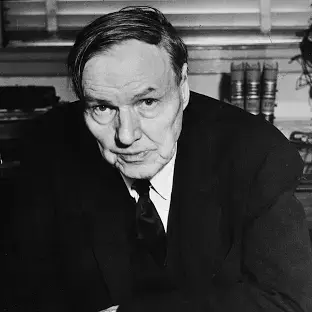
One of the most famous defense attorneys of the 20th century, Clarence Darrow, became known for his powerful defense in landmark cases. His most notable case, the Scopes Monkey Trial, revolved around the teaching of evolution in schools and became a national sensation. Darrow’s work as a trial lawyer extended beyond sensational cases; he was a fierce advocate for civil liberties, defending unpopular causes and marginalized clients. His ability to blend legal expertise with social advocacy made him a pioneer of defense law, influencing courtroom strategies that are still used today.
Thurgood Marshall
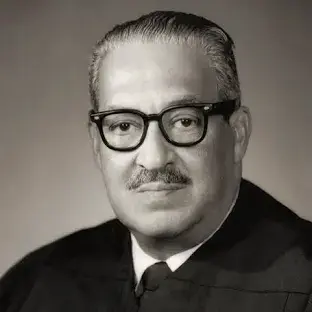
Thurgood Marshall’s legacy in legal history is largely associated with his role as a Supreme Court Justice, but his early career as a trial lawyer is equally remarkable. As the NAACP’s lead attorney, Marshall argued several pivotal civil rights cases, most famously the landmark Brown v. Board of Education case, which led to the desegregation of public schools. Marshall’s career demonstrated how trial lawyers could use the law as a tool for societal change, and his legal victories played a crucial role in shaping modern civil rights law.
Abraham Lincoln
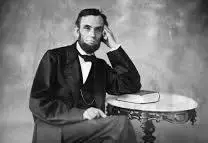
Before becoming the 16th President of the United States, Abraham Lincoln was a highly respected trial lawyer in Illinois. Lincoln’s legal career was marked by his calm demeanor, logical reasoning, and ability to simplify complex legal arguments for juries. Known for his honesty and keen insight, Lincoln’s legal skills became foundational to his political success. His early legal career illustrates how trial advocacy can lay the groundwork for leadership in other arenas, influencing not only law but national governance.
Francis L. Wellman
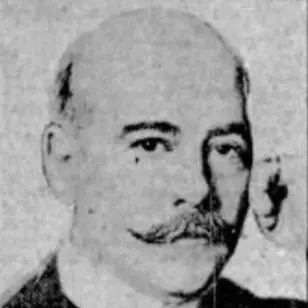
Francis L. Wellman’s expertise in cross-examination set him apart as one of the great trial lawyers of his time. His book, The Art of Cross-Examination, became a seminal work in legal education, providing practical advice on how to challenge witnesses and test the credibility of evidence. Wellman’s techniques remain relevant in modern legal practice, with his insights still serving as a guide for lawyers honing their courtroom skills.
Gardner’s Lasting Influence on Popular Perception of Lawyers
Gardner’s creation of Perry Mason fundamentally shaped the public’s perception of lawyers and the legal profession. Through books, radio shows, and television adaptations, Perry Mason became a symbol of the defense attorney as a champion of justice. The character’s ability to dramatically reveal the truth in court—and often secure a last-minute confession from the real perpetrator—set a high standard for legal heroes in fiction.
The Perry Mason franchise also inspired countless individuals to pursue careers in law, portraying the courtroom as a place where skill, integrity, and determination could right societal wrongs. Gardner’s portrayal of Mason emphasized not just the excitement of legal practice but also the responsibility lawyers hold in ensuring fairness and justice for all.
The Role of Historical Trial Lawyers in Modern Legal Practice
The influence of trial lawyers like Erle Stanley Gardner, Clarence Darrow, Thurgood Marshall, and others can be seen in many aspects of modern legal practice. Their approaches to advocacy, cross-examination, and the use of narrative in court continue to guide lawyers today.
- Advocacy for Justice: Gardner’s relentless pursuit of justice, particularly for those wrongly accused, is mirrored in today’s innocence projects and criminal justice reform efforts.
- Cross-Examination Techniques: The methods Francis L. Wellman pioneered continue to be taught in law schools and used by attorneys to challenge the credibility of witnesses and strengthen their cases.
- Civil Rights Litigation: Thurgood Marshall’s strategy of using the courts to achieve social change paved the way for modern civil rights litigation, where lawyers still look to the courts as forums for advancing justice.
These historical figures left behind a set of tools and strategies that continue to evolve but remain central to effective trial advocacy.
Conclusion
Erle Stanley Gardner’s influence on legal history is twofold: he not only changed the way people viewed lawyers through his creation of Perry Mason, but he also contributed to real-world legal advancements through his trial work and justice reform initiatives. Alongside Gardner, lawyers like Clarence Darrow, Thurgood Marshall, Abraham Lincoln, and Francis L. Wellman shaped the legal profession by pushing boundaries, advocating for justice, and leaving behind a legacy of knowledge and principles still relevant today. Understanding the contributions of these legendary figures provides crucial insight into the ongoing evolution of legal practice and the enduring importance of trial advocacy in the pursuit of justice.
Read also: Portraits of Famous Trial Lawyers
Read also: Thurgood Marshall and the Civil Rights Revolution
FAQs
How did Erle Stanley Gardner’s legal career influence his creation of Perry Mason?
Erle Stanley Gardner’s experience as a trial lawyer, especially his expertise in criminal defense, directly shaped the creation of Perry Mason. Gardner’s knowledge of courtroom dynamics, cross-examination techniques, and legal strategy was woven into the character of Mason, who became known for his clever legal maneuvers and relentless pursuit of justice. Gardner’s own advocacy for the wrongly accused inspired the fictional cases Mason handled, which often involved defending clients against seemingly insurmountable odds.
What impact did Clarence Darrow have on civil liberties through his trial work?
Clarence Darrow was a prominent defense attorney whose most famous cases, such as the Scopes Monkey Trial, challenged societal norms and defended individual freedoms. His work championed civil liberties, particularly in areas of free speech, labor rights, and racial equality. Darrow’s advocacy influenced the development of defense strategies in civil rights cases and solidified his legacy as a lawyer dedicated to protecting marginalized groups and unpopular causes.
How did Thurgood Marshall’s work as a trial lawyer shape modern civil rights law?
Before becoming the first African American Supreme Court Justice, Thurgood Marshall was a brilliant trial lawyer who fought against racial segregation and discrimination. His most significant legal victory came in Brown v. Board of Education, which led to the desegregation of public schools and reshaped civil rights law in the U.S. Marshall’s work laid the groundwork for future civil rights litigation, and his legal strategies continue to influence how lawyers approach civil rights cases today.
About the Author

Sarah Klein, JD, is a licensed attorney and legal content strategist with over 12 years of experience across civil, criminal, family, and regulatory law. At All About Lawyer, she covers a wide range of legal topics — from high-profile lawsuits and courtroom stories to state traffic laws and everyday legal questions — all with a focus on accuracy, clarity, and public understanding.
Her writing blends real legal insight with plain-English explanations, helping readers stay informed and legally aware.
Read more about Sarah
